6 Common Rugby Injuries
Our products are trusted by over 85 elite teams, including...
Top Rugby Injuries
Rugby is possibly the most injury-prone team sport due to the fact that it is a full-contact sport and unlike American Football, Rugby players don’t wear protective gear like helmets and padding.
This means the likelihood of picking up an injury during training or a game is very high so athletes and their medical teams have to take the right measures to avoid injuries and manage injuries properly. Some rules and regulations help to safeguard players’ well-being such as the high tackle rule. In a study about Rugby injuries, [1] it was found that foul play only accounted for 6% of injuries.
However, injury incidence is still high and Rugby players face potential injuries to the head, shoulder, back, legs, ankles and neck. The below infographic below covers some common Rugby injuries. Take a look at our Top Rugby Product Picks guide for recommendations on useful products for treating Rugby Injuries.
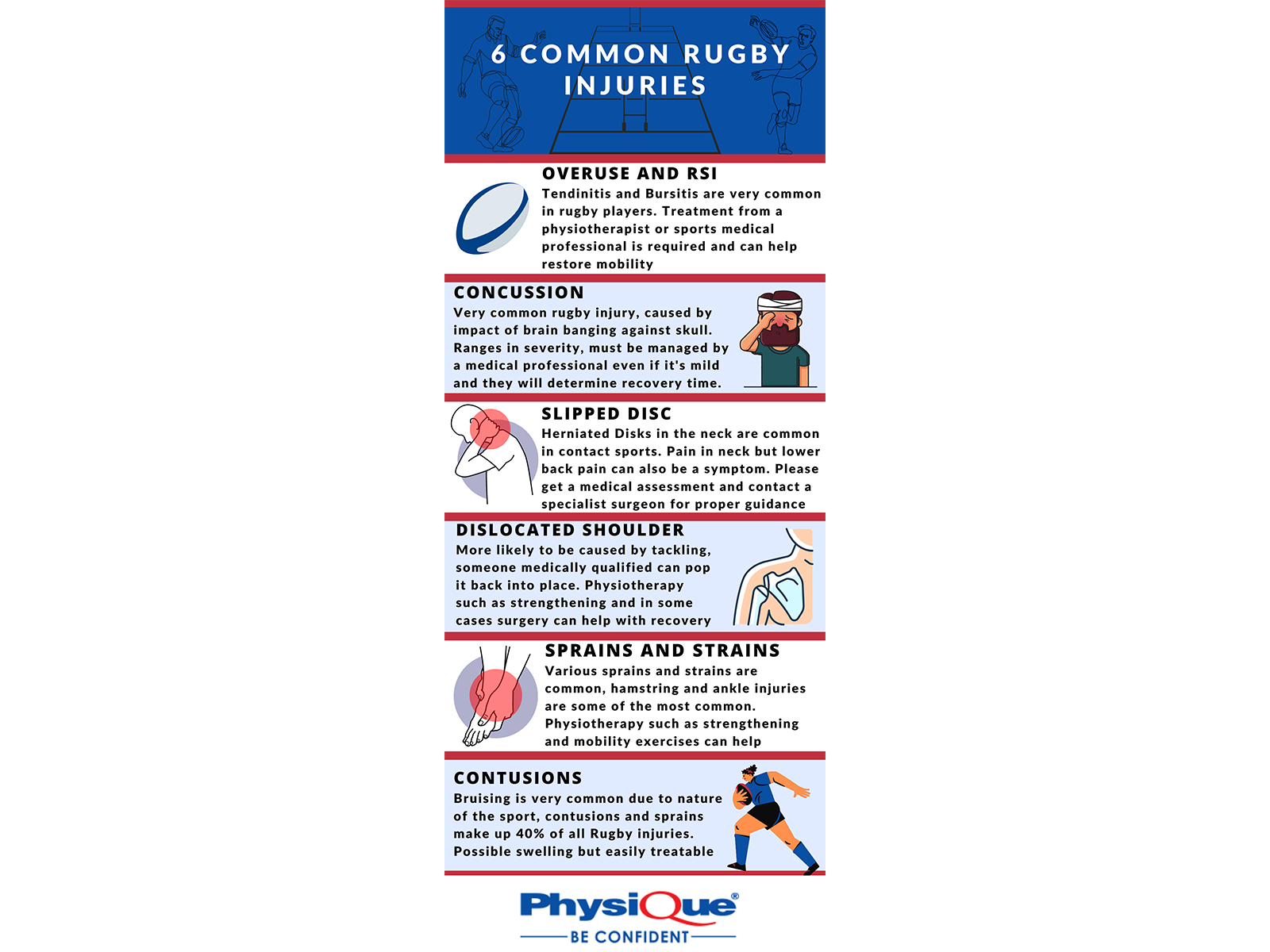
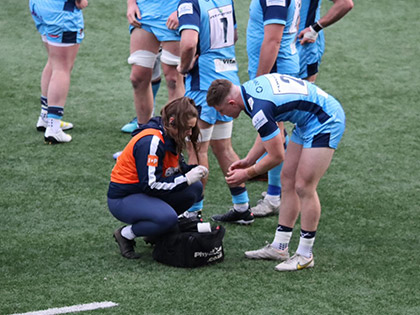
What are the most common Rugby Injuries?
As mentioned in the infographic, the most common Rugby injuries are:
- Overuse and RSI
- Concussion
- Slipped disc
- Dislocated shoulder
- Sprains and strains
- Contusions
Some other common Rugby Injuries:
- ACL injuries
- MCL injuries
- Finger dislocations and fractures
- Broken noses
- Rotator cuff injuries
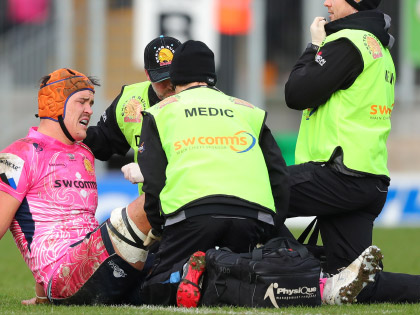
What is the most common Rugby Injury?
This depends on what position you play in [1] because unlike other sports different players can dramatically differ in terms of what is expected from them and therefore what they demand from their bodies.
For example, Backs are more likely to develop hamstring injuries than Forwards and both Backs and Forwards are very likely to pick up minor thigh injuries.
Concussions, sprains, strains and knee injuries are also fairly common among all players
How do you manage a Rugby injury?
We don't recommend that you try to self-diagnose or treat your own injuries, you should always seek the guidance of someone who is medically trained such as a Sports Therapist, Physiotherapist or Physician.
This way, the chances of misdiagnosis are significantly reduced and therefore you are less likely to worsen the injury, treat it incorrectly and ineffectively, re-injure yourself.
If you are a sports medical professional, our Sport First Aid Kits have everything you need to address an injury.
You might also find that the POLICE Principle is useful for most sports injuries.
Although the PEACE & LOVE Principle is said to be more accurate and will eventually replace POLICE, it is still a good guideline for a simple yet effective approach to injury management. It stands for Protection, Optimal Loading, Ice, Compression and Elevation. PEACE & LOVE stands for Protection, Elevation, Avoid Anti-Inflammatories, Compression, Education, Load, Optimism, Vascularisation and Exercise.
Supports and Braces are not necessarily an integral part of the principle but in most cases, they are essential for pain relief, medical compression, and proper support. We have convenient guides for Wrist Supports and Knee Supports that recommend Actimove Sports Edition Supports for specific conditions.
Can I prevent a Rugby Injury?
There's not a whole lot you can do to completely eliminate the chance of injury, especially in a sport like Rugby where players are put into risky positions and often have to make split-second decisions. However Injury mitigation and Contingency Planning are possibly the most important part of dealing with sports injuries because avoiding injuries is always better than treating them.
Strength and conditioning training can be extremely helpful to avoide old injuries reoccuring and a proper, well-structured strength and conditioning programme is a viable option for effective injury risk management. Some products used in S&C include Resistance Bands and for Sports Therapists and Physiotherapists, dynamometers such as the Activforce 2 are unmatched in terms of how useful they are.
Please see our Performance Testing range for more products. Athletes may also benefit from proper stretching with Foam Rollers or similar means of effective stretching.
Sports Tapes such as Elastic Adhesive Bandages (EAB) and Zinc Oxide tape are the most effective means of stabilising a joint and providing it with extra strength and support, this can help reduce injury incidence significantly, especially for overuse injuries, sprains, strains and other ligament and joint-related injures.
Here's an example of how to tape a knee for medial joint support from Bristol Bears. For more videos like this, please take a look at the Rugby Tips section of our Video Guides:
Here is the information from the above infographic in a bit more depth:
Overuse and RSI - Tendinitis and Bursitis are very common in Rugby players. Treatment from a physiotherapist or sports medicine professional is required and can help restore mobility.RSI stands for Repetitive Strain Injuries which are almost all caused by overuse.
These injuries are pretty easy to manage, Supports and Braces will be the most effective means of treatment and injury management for most overuse injuries. Rest is another key factor in speeding up recovery and avoiding re-injury.
Concussion - This is a very common rugby injury, caused by the impact of the brain banging against the skull. A concussion must be managed by a medical professional even if it's mild and they will determine recovery time.
It is important to consult someone if you suspect you might have any symptoms of a concussion because some cases go undiagnosed for a while and this can be very bad in the long term as an untreated concussion can have serious physical, mental and emotional implications.
Slipped Disc - Herniated Discs in the neck are common in contact sports. Neck and/or lower back pain can also be a symptom. Please get a medical assessment and contact a specialist for proper guidance.
It's important to note that these are certainly not as common as the other injuries being discussed and that this is more a long-term injury in most cases, the most significant damage is usually done while playing Rugby so we thought it was worth noting.
Dislocated Shoulder - More likely to be caused by tackling, someone medically qualified can pop it back into place. Physiotherapy such as strengthening and in some cases, surgery can help with recovery.
Sprains and Strains - Various sprains and strains are common, hamstring and ankle injuries are some of the most common. Physiotherapy such as strengthening and mobility exercises can help to both prevent and recover from these injuries.
Contusions - Bruising is very common due to the nature of the sport, contusions and sprains make up 40% of all Rugby injuries. Possible swelling but easily treatable. Contusions usually refer to damage to the muscle so recovery shouldn't be too long if managed properly.
Other Common Rugby injuries:
MCL & ACL Injuries - Knee Injuries are very common in Rugby due to the force put on the knees in all facets of the game from scrums to tackles to line-outs. Unnatural twisting and bending of the knee are other common sources of ligament injuries.
MCL injuries are the most common which is not the case with most sports where ACL injuries are the most common. An ACL knee support can help with stabilisation
Finger Dislocations and Fractures - These usually occur as a result of tackling, as is the case with shoulder dislocations. Fractures are of course more serious and can prevent an athlete from playing for quite a while as they usually have to get surgery and the bone has to heal properly.
Broken Noses - Rugby is a contact sport so it shouldn't be surprising that broken noses are quite common. Usually this occurs from a direct blow to the nose although indirect contact of the nose, such as a blow to the head.
Generally a broken nose will heal within a few weeks although may sometimes require medical intervention to fix.
Rotator Cuff Injuries - Your rotator cuff is a group of four different muscles and tendons around your shoulder joint. Rotator cuff injuries are the most common shoulder injuries and often caused by sports that involve a lot of use of the shoulder like in Rugby.
They can be quite limiting in terms of mobility of the shoulder but can be easily treatable depending on severity. A Rotator Cuff tear for example is a lot more severe so most cases require surgery.
Sources


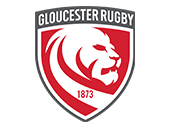



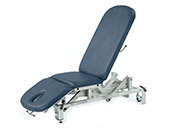


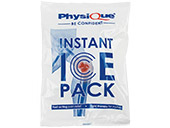
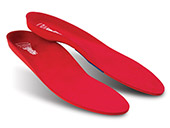
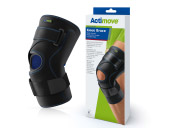
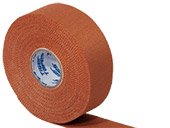
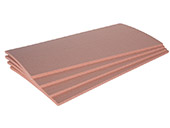

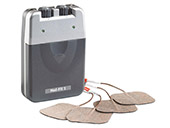

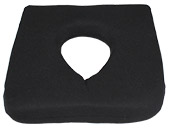


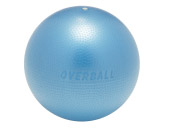
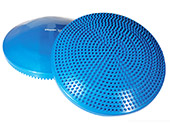
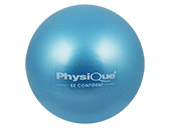
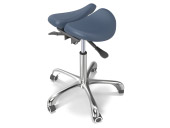
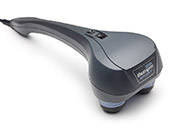
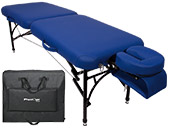
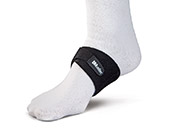


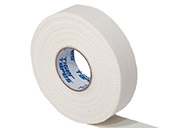



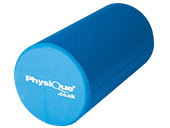

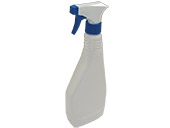


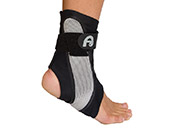
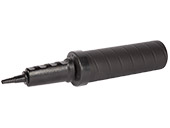

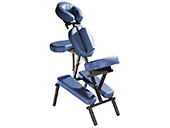
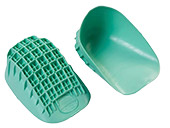

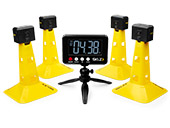
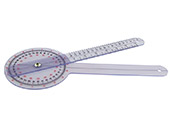






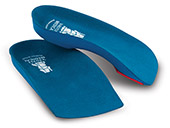
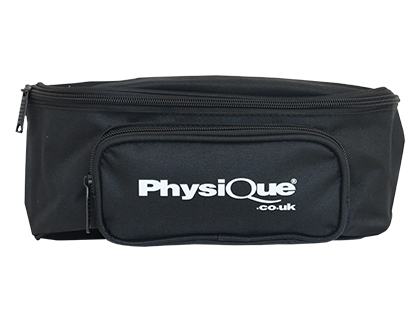
Did you find this article useful?
Why not share this with a colleague, patient or friend?